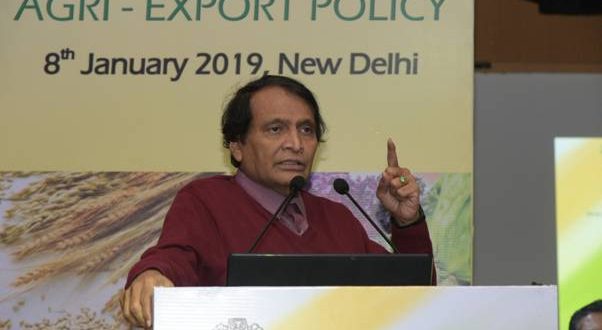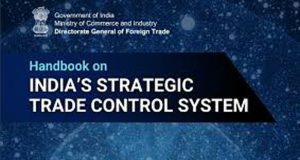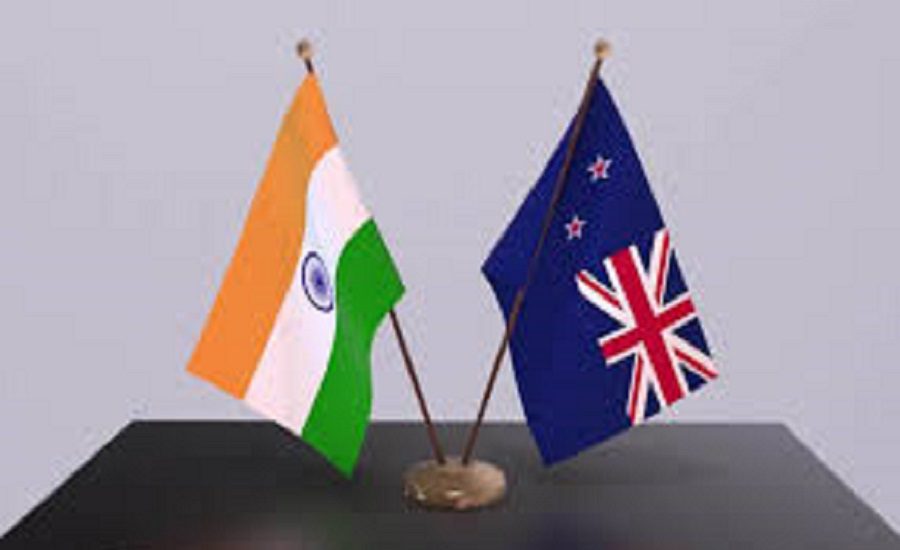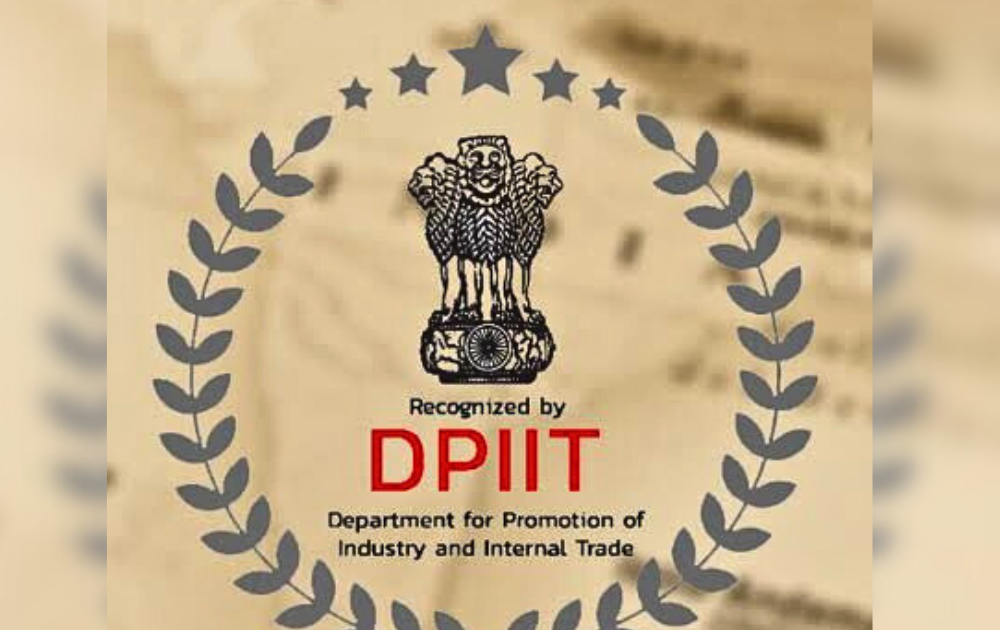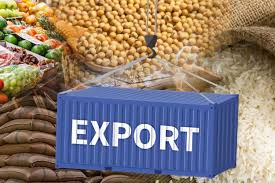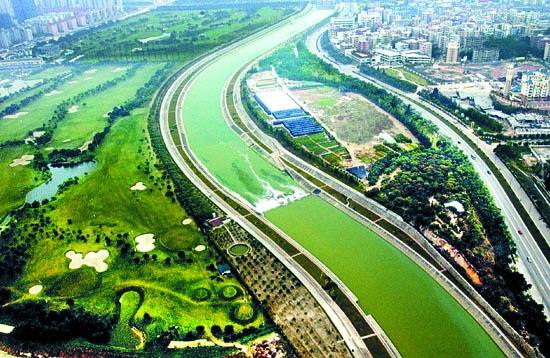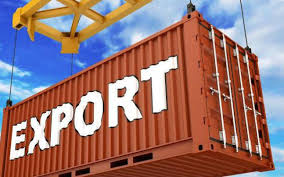Speaking on this occasion the Commerce Minister exhorted all State Governments to set up a nodal agency dedicated for the implementation of the policy. The Minister said that this is the first time that an agri export policy has been formulated and it is comprehensive involving all related sectors like R&D, clusters, logistics and transportation. Workshops like these will help to identify bottlenecks, get feedback and suggestions to improve and overcome difficulties in the implementation of the policy.
The objectives of the policy are to double agricultural exports from present USD 30 billion to USD 60 billion by 2022 and reach USD 100 billion in the next few years, to diversify export basket, destinations and boost high value and value added agricultural exports including focus on perishables, to promote novel, indigenous, organic, ethnic and non-traditional agri products, institutional mechanism for pursuing market access, tackling barriers/SPS, to strive to double India’s share in world agri exports by integrating with GVC and enable farmers to get benefit of export opportunities in overseas markets.
The vision of the policy is to harness the export potential of Indian agriculture, through suitable policy instruments and make India a global power in agriculture and double farmers income by 2022.
Agriculture is the key pillar of the Indian economy and there is an urgent need for reform in this sector where 60 % of the population of the country is dependent. Diversification of the agri export basket and diversification of markets where exports can take place is the need of the hour. Average cost of production will have to be reduced so that India’s agri produce can complete in international market.
During the workshop an MoU was signed between Agricultural and Processed Food Products Export Development Authority (APEDA) and National Cooperative Development Corporation (NCDC) in order to meet the objectives of the agri export policy.
 Indian Industry Plus A Pratisrutiplus Suppliment
Indian Industry Plus A Pratisrutiplus Suppliment





